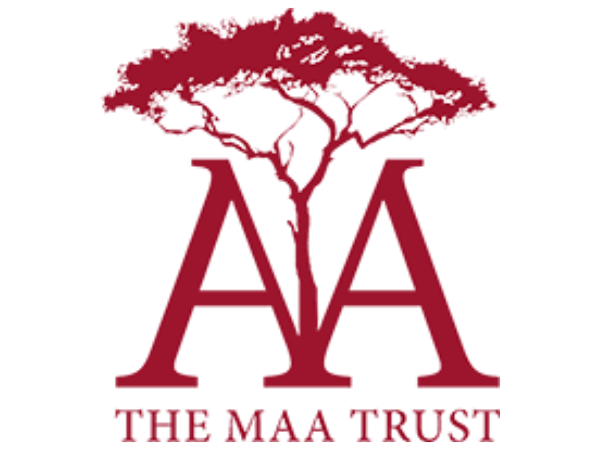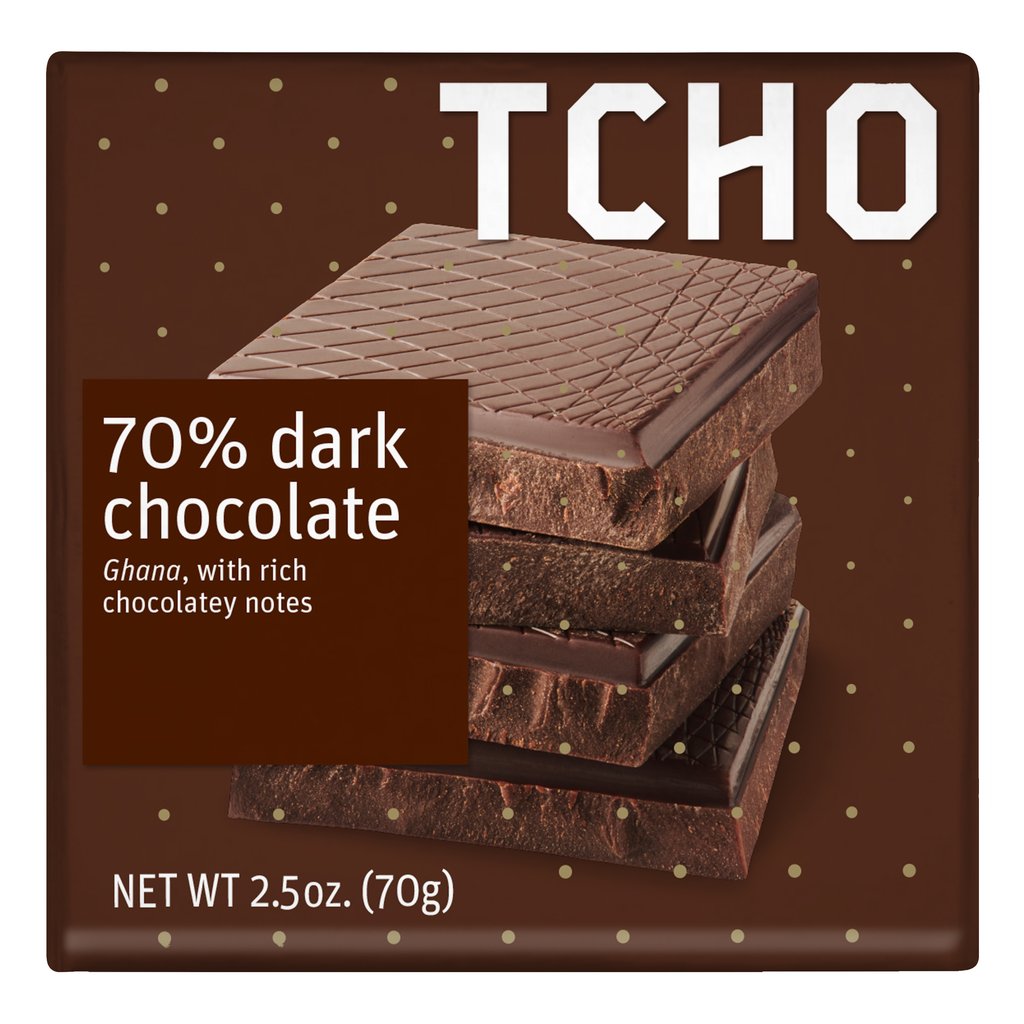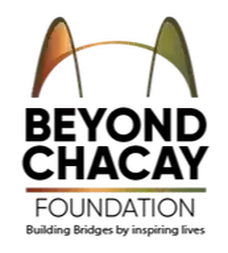INTERNATIONAL PROJECTS 2022-23
Biochar ProjectPartners: WESM, TCHO
Malaysia has been cultivating cocoa for over two centuries, with the first reported pods found in 1778. Today, cacao trees can be found mainly in the Malaysian wild and create a source of revenue for the small-batch chocolate makers. In contrast, Ghana is the world’s second largest cocoa export next to the Ivory Coast. The chocolate industry comprises a significant portion of the market economy in West Africa. Both of these industries produce large amounts of discarded cacao husk, which are typically left to decompose. Our proposal is to produce biochar from these cacao husks for on site water filtration or soil amendment. Biochar is a sustainable solution that can be used for purposes of carbon sequestration to combat global climate change. As such, its exploration can serve as an opportunity to affect change in water safety as well as in the economic vitality of farmers. Check out the blog Team Members Merritt Vassallo Richard Yuan Sruthi Subramanian Natalie Bai Yizhen Xu Ahmad Koya |
Cacao ProjectPartner: Zorzal Cacao
Zorzal Cacao is a cacao distributor in the Dominican Republic established with the goal of funding conservation efforts on the Reserva Privada Zorzal. Zorzal partners with local farmers to ensure adequate reforestation offsets the carbon emissions of cacao production, improving the health of the reserve’s ecosystem while supporting both conservation efforts and the local agriculture industry. Our project involves creating a web based tracking application to provide Zorzal with an accurate and efficient way of tracing their cacao production. Making this information more accessible allows them to improve their own production process and better inform consumers about the origins of their cacao. Higher quality, more transparent crops fetch a higher price from buyers, which is especially important since cacao sales are one of the most important sources of revenue for both the local farmers and Zorzal. We hope to positively contribute to Zorzal's mission of environmental and economic sustainability. Check out the blog Team Members: Kristy Chan Alice Chen Sherry Liu Brian Donohugh Anthony Rosales |
|
Thermal Energy Storage Project
|
Partner: Beyond Chacay
{TBD} Check out the blog Team Members: Conor Slattery Shuvi Jha Alexandra Fernandez Tawfique Ali Brendan DaCosta |
Glass Crusher Project

Partner: Masai Mara Trust
The Maa Trust is a non-profit organisation that aims to work with wildlife conservations to benefit local communities in the Maasai Mara, Kenya. The Trust hopes to improve the quality of life of those in the Maasai Mara by creating job opportunities and improving education. The Glass Crusher Project is a part of the Maa Trust's initiative to educate and create independency
within the communities, particularly to empower women. The Glass Crusher Project plans on creating a viable crushing mechanism that can recycle old glass bottles and turn them into a fine sand which can be used for bricks in construction. The design involves 2 separate mechanisms that will break down the initial bottle, and later through an impact mill grind it down into a small size. Our team hopes to create a viable 3D printed mini-scale model design that takes into account all necessary factors for future developing, and potentially an attempt at a real steel
model itself.
Check out the blog
Team Members:
Katelyn Chen
Caitlin Ramos
Imaan Ibrahim
Calvin Zau
The Maa Trust is a non-profit organisation that aims to work with wildlife conservations to benefit local communities in the Maasai Mara, Kenya. The Trust hopes to improve the quality of life of those in the Maasai Mara by creating job opportunities and improving education. The Glass Crusher Project is a part of the Maa Trust's initiative to educate and create independency
within the communities, particularly to empower women. The Glass Crusher Project plans on creating a viable crushing mechanism that can recycle old glass bottles and turn them into a fine sand which can be used for bricks in construction. The design involves 2 separate mechanisms that will break down the initial bottle, and later through an impact mill grind it down into a small size. Our team hopes to create a viable 3D printed mini-scale model design that takes into account all necessary factors for future developing, and potentially an attempt at a real steel
model itself.
Check out the blog
Team Members:
Katelyn Chen
Caitlin Ramos
Imaan Ibrahim
Calvin Zau
ENGR177A & ENGR177B
For the past five years, ESW has offered a two-quarter course sequence to complement club members’ work on engineering projects.
These courses aim to address the ethical, cultural, political, organizational, technical, and business issues at the heart of implementing sustainable engineering projects in the developing world. As students work on project teams with NGO and social entrepreneur partners, they think critically about the impact of their work and how to collaborate ethically and effectively as engineers.
Teaching Team
Shoshanah Cohen, Faculty Advisor
D'Arcy Seamon, Course Instructor
Teja Tripuraneni, Course Instructor
Ananya Sridhar, CEL Coordinator
These courses aim to address the ethical, cultural, political, organizational, technical, and business issues at the heart of implementing sustainable engineering projects in the developing world. As students work on project teams with NGO and social entrepreneur partners, they think critically about the impact of their work and how to collaborate ethically and effectively as engineers.
Teaching Team
Shoshanah Cohen, Faculty Advisor
D'Arcy Seamon, Course Instructor
Teja Tripuraneni, Course Instructor
Ananya Sridhar, CEL Coordinator



